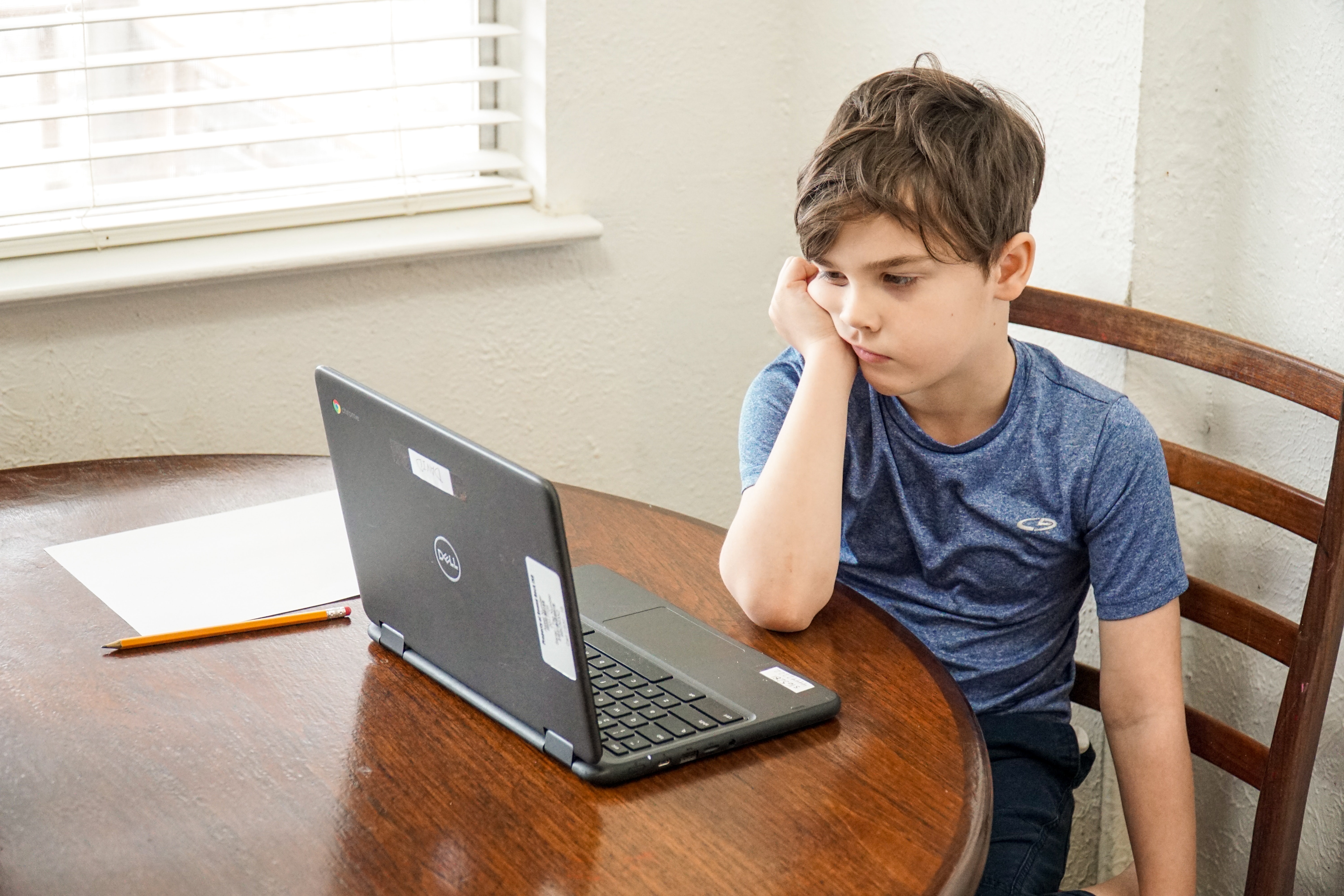
Photo by Thomas Park on Unsplash
You might know from my history that I taught public school for 15 years.
I loved it. I loved helping kids learn. I loved the fun times. I loved teachers. I loved the team.
I disliked a lot of things about it, and it led to part of the reason why I left teaching.
Now, there is a mass exodus of qualified educators, making people ask “what is happening here?” “What can be done?”
So I decided to ask.
I went into a private teachers’ group with their identities unknown and asked:
“What do you wish the public knew, but you can’t say?”
Because teachers can’t say. They can’t speak up about issues in the workplace, or problems they face daily. But I wanted to know what’s really going on. And I bet you do, too.
So, I am writing a series for you based on the responses I got. I have over 400 comments and discussions going at present, so I will edit and use the ones that I think we can talk about, and possibly do something about.
This is part one: School starts at home.
What teachers wish you knew: teach your child what you know.
Why?
Teachers’ days are full. From full classrooms to full lesson plans to full days of lots of learning. They can’t teach every child everything. Some of the practice, when started at home, helps them understand and succeed in school.
No one expects you to be a certified teacher or even an expert in a subject matter to teach your kids. Maybe you are. Bonus. But maybe you’re not. You might be a stay at home parent or you might have a career in any industry.
No one expects you to spend hours on end teaching. That’s not the idea. But a little bit of discussion or connection time with your kid counts big. (study)
What can you teach your child today?
- Read to your child until they can read to themselves, and then have shared reading time.
There is extensive research on children being read to, how it helps them with their storytelling skills, how they piece together narratives, how it helps with grammar and vocabulary, and how it helps with analytical skills and imagination. (study by Ohio State University)
2. Narrate normal activities with your child
Whatever normal days look like for you, regardless of the task at hand, talk through it with your child. It helps with learning to take and deliver detailed instruction, and how households and society works.
3. Let your child see you write and let them practice writing
How often do you write something out? Maybe a list? A letter? A check? Some directions? I know we don’t do this as much in the digital era, but pen to paper still matters and is still an important skill. Let them see you write, and give them something for practice. It doesn’t need to be perfect.
4. Use larger vocabulary words and explain what they mean
You don’t have to speak like you’re at Johns Hopkins, but you can use synonyms that expand your child’s vocabulary early on, so that they have more words to use and to understand, without as much frustration. (study on vocabulary by Early Years)
5. Use basic counting and math skills and let your child help
Use logical math out loud during the day, like “how many of these?” or “If I take these back, how many do you have?” Adding logic to simple math skills makes sense, it’s why we have math, and it helps connect dots between math skills and life.